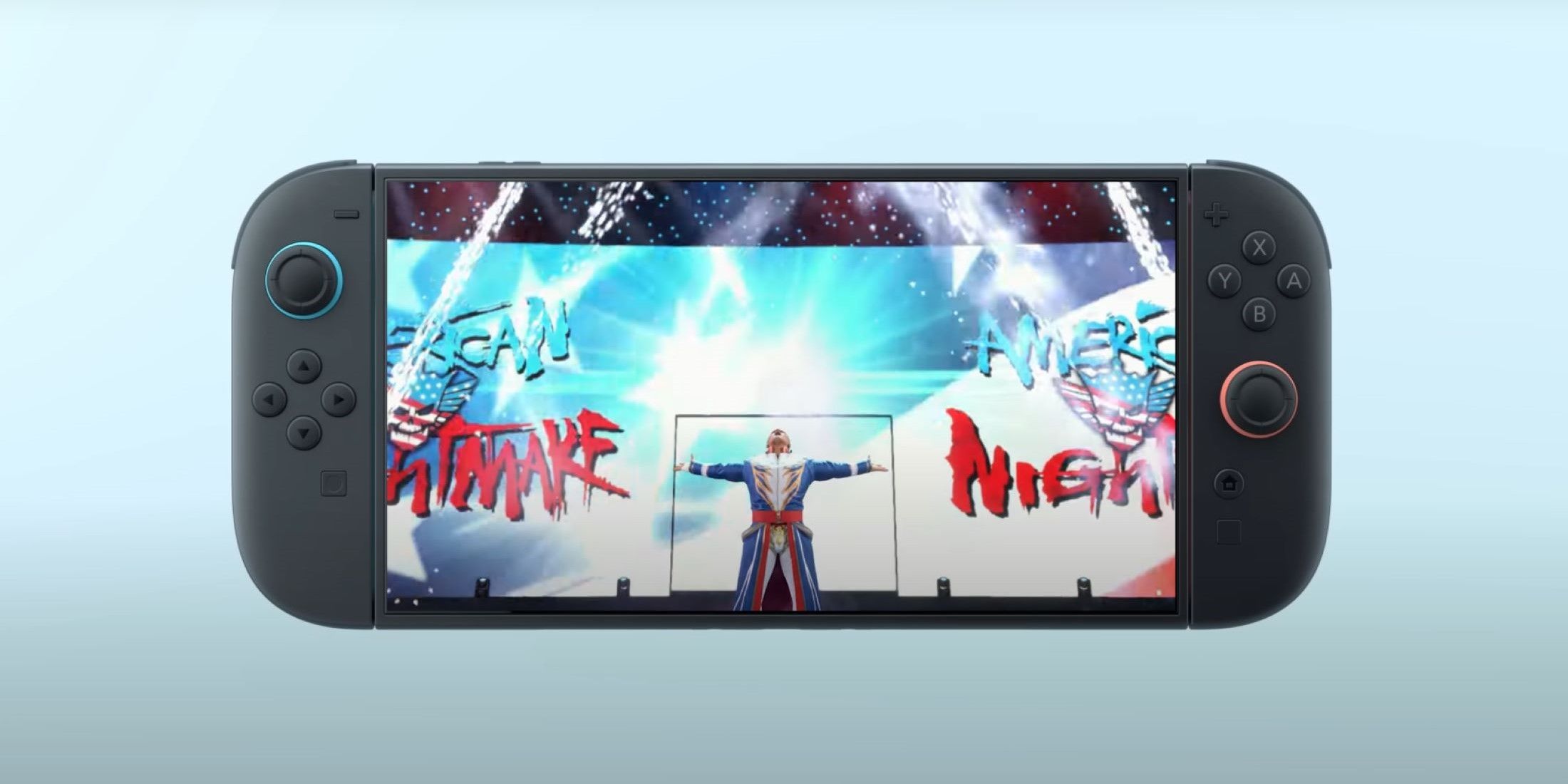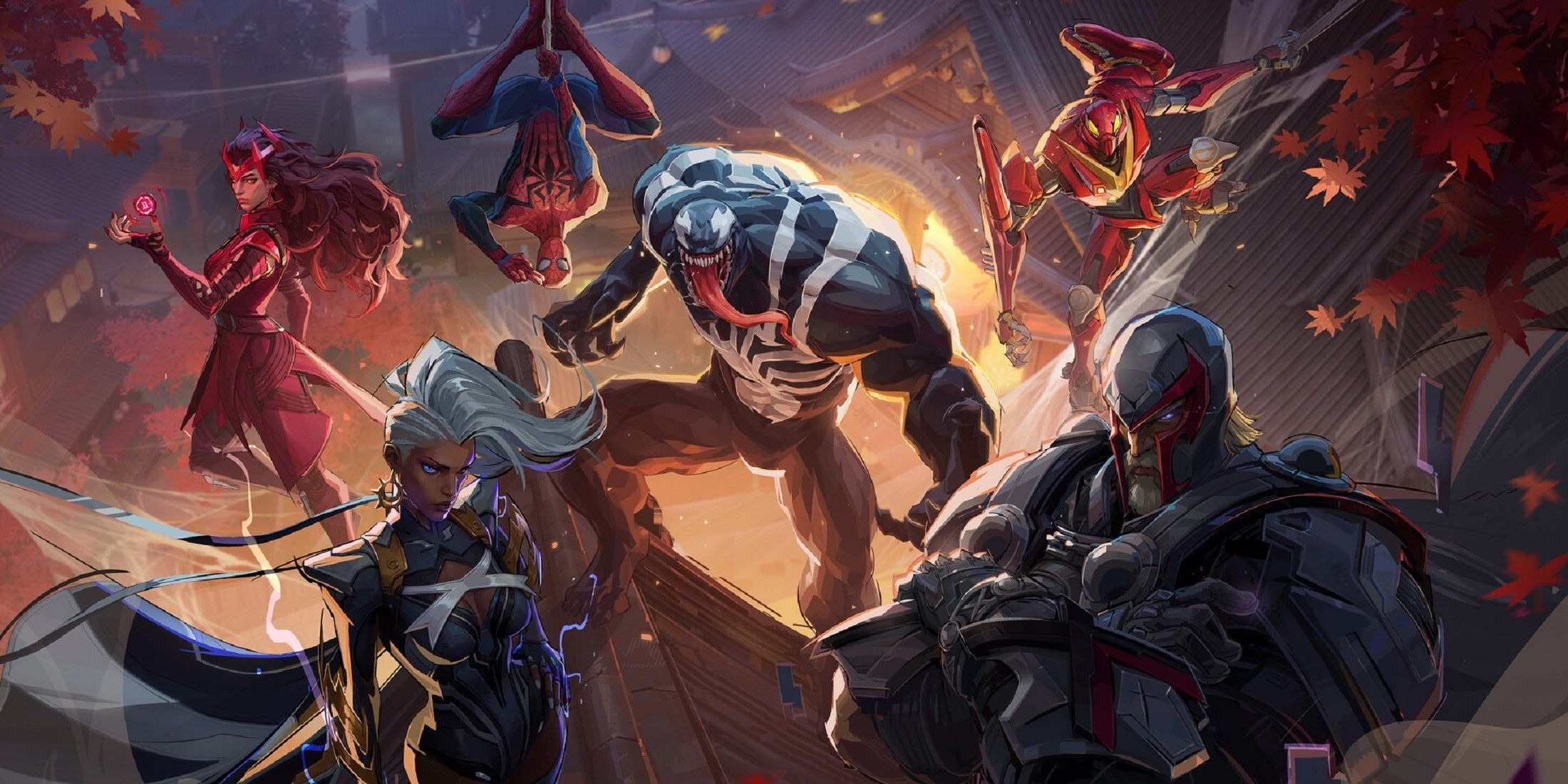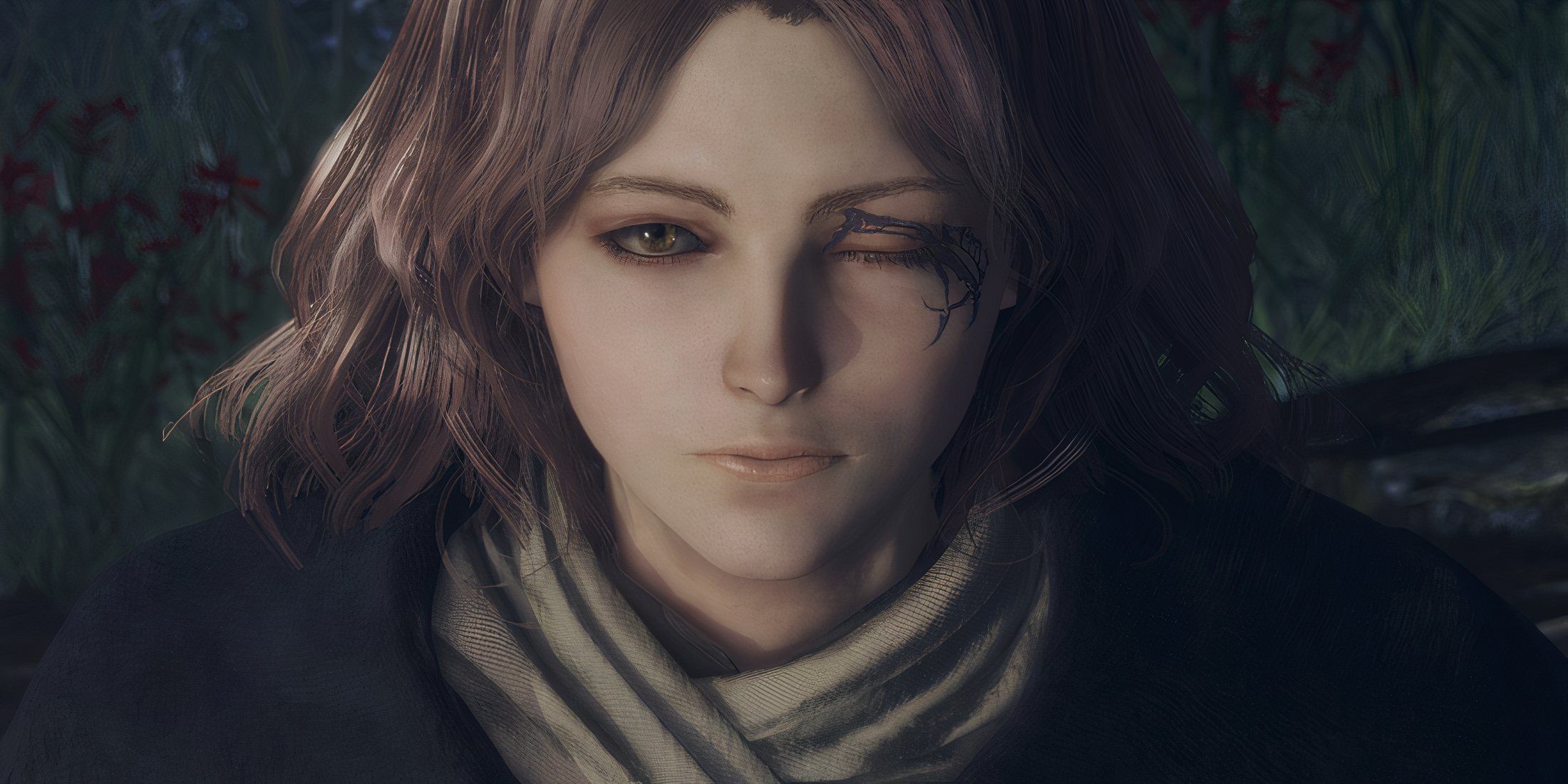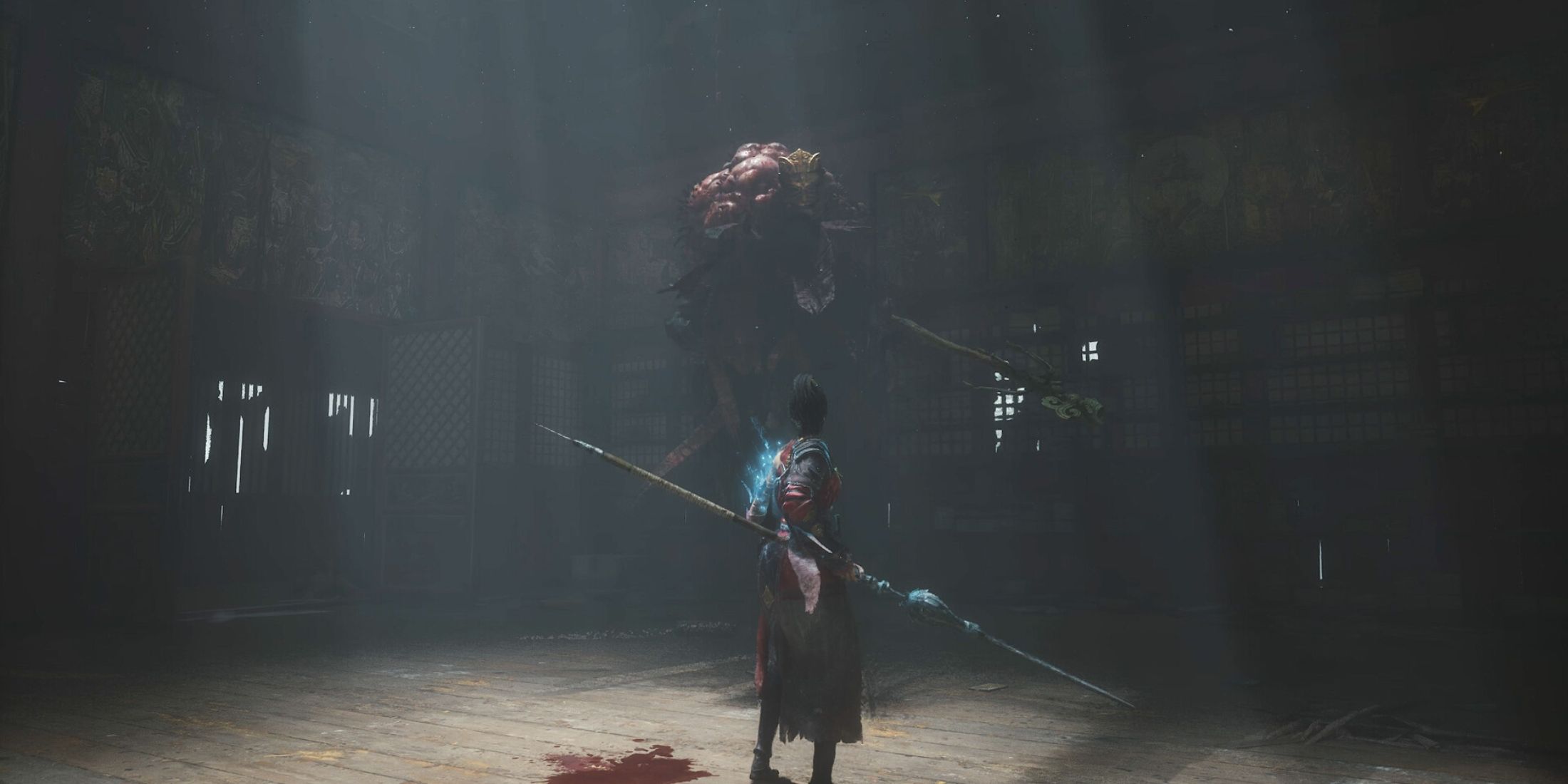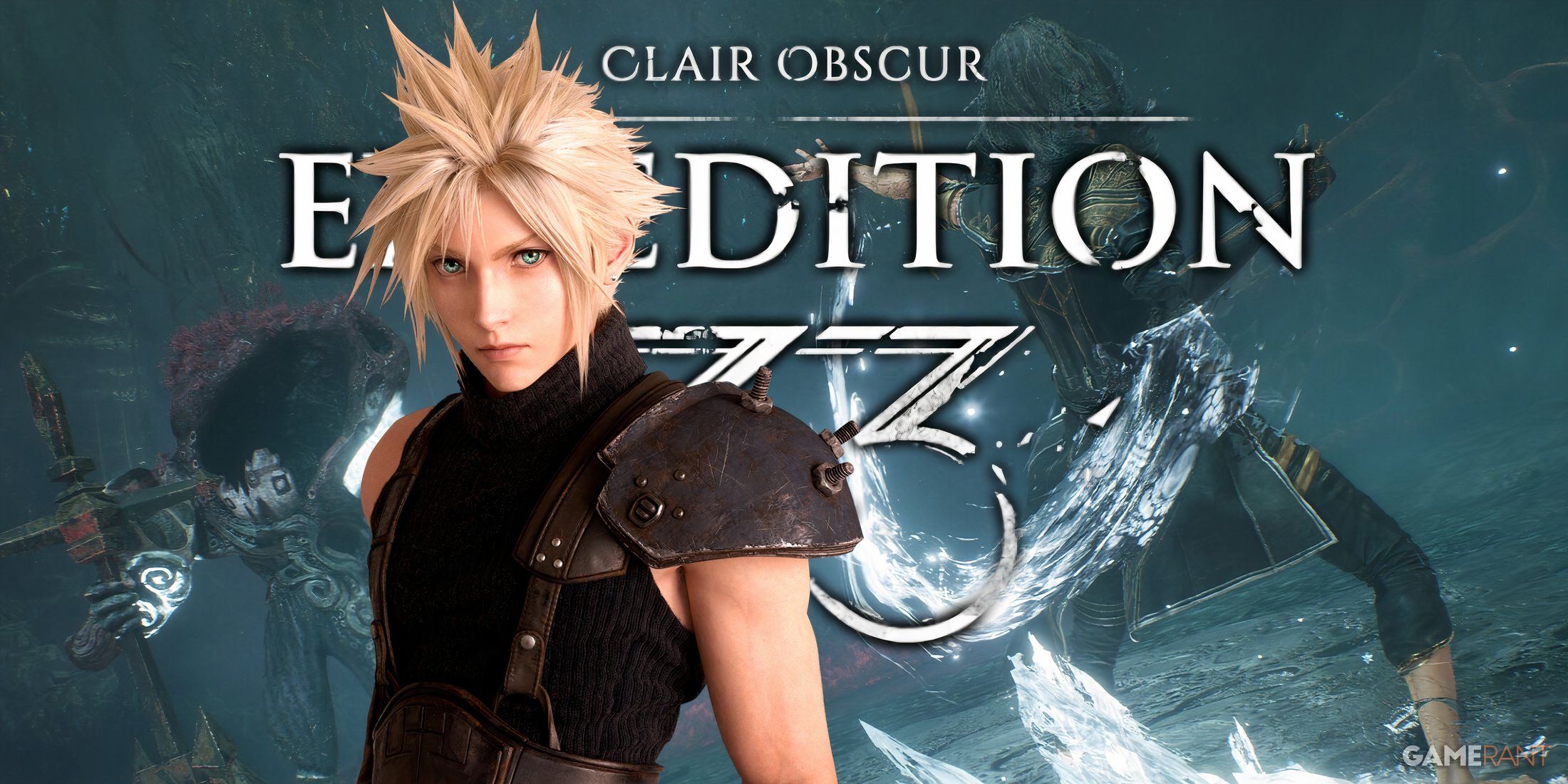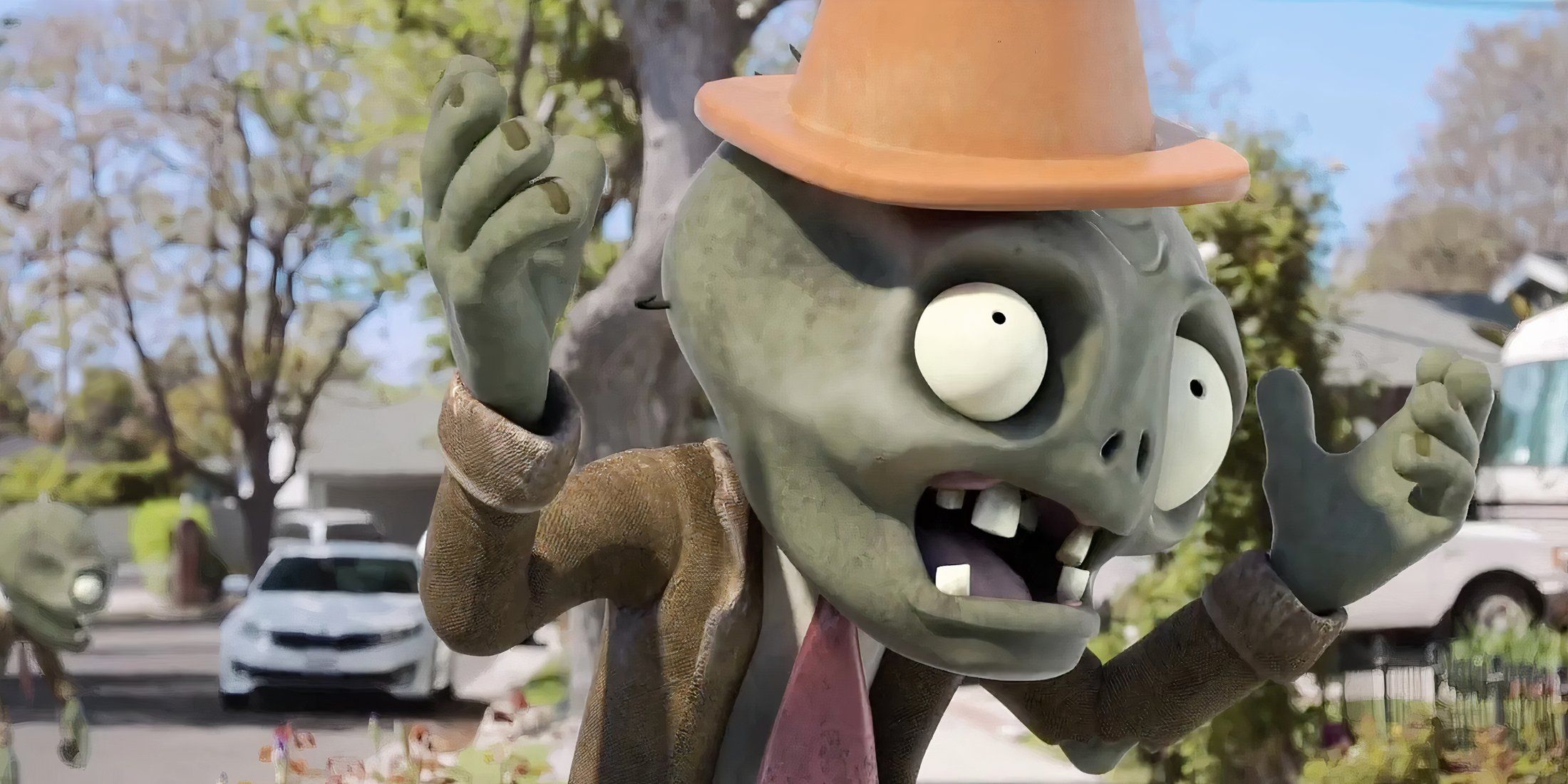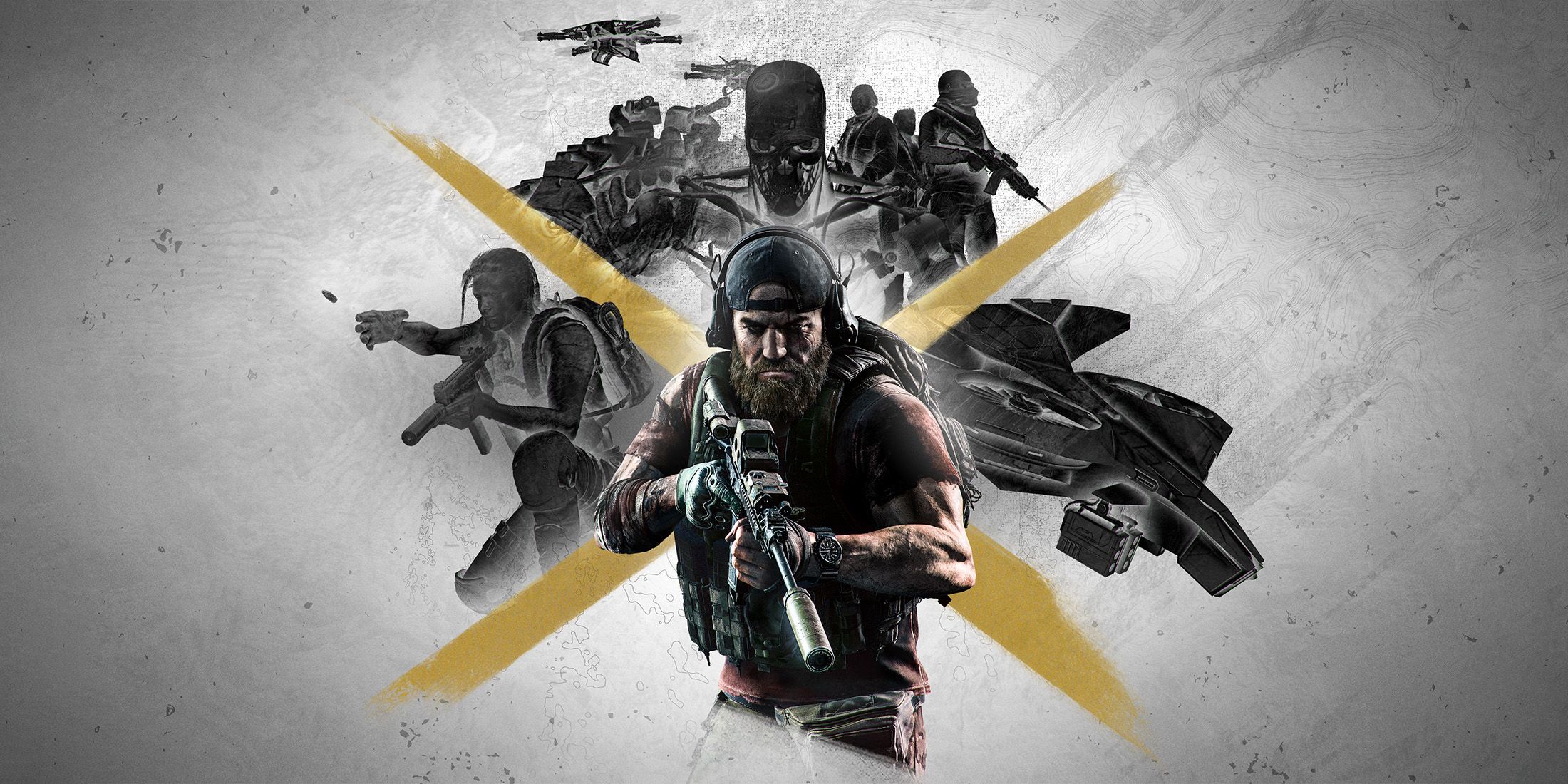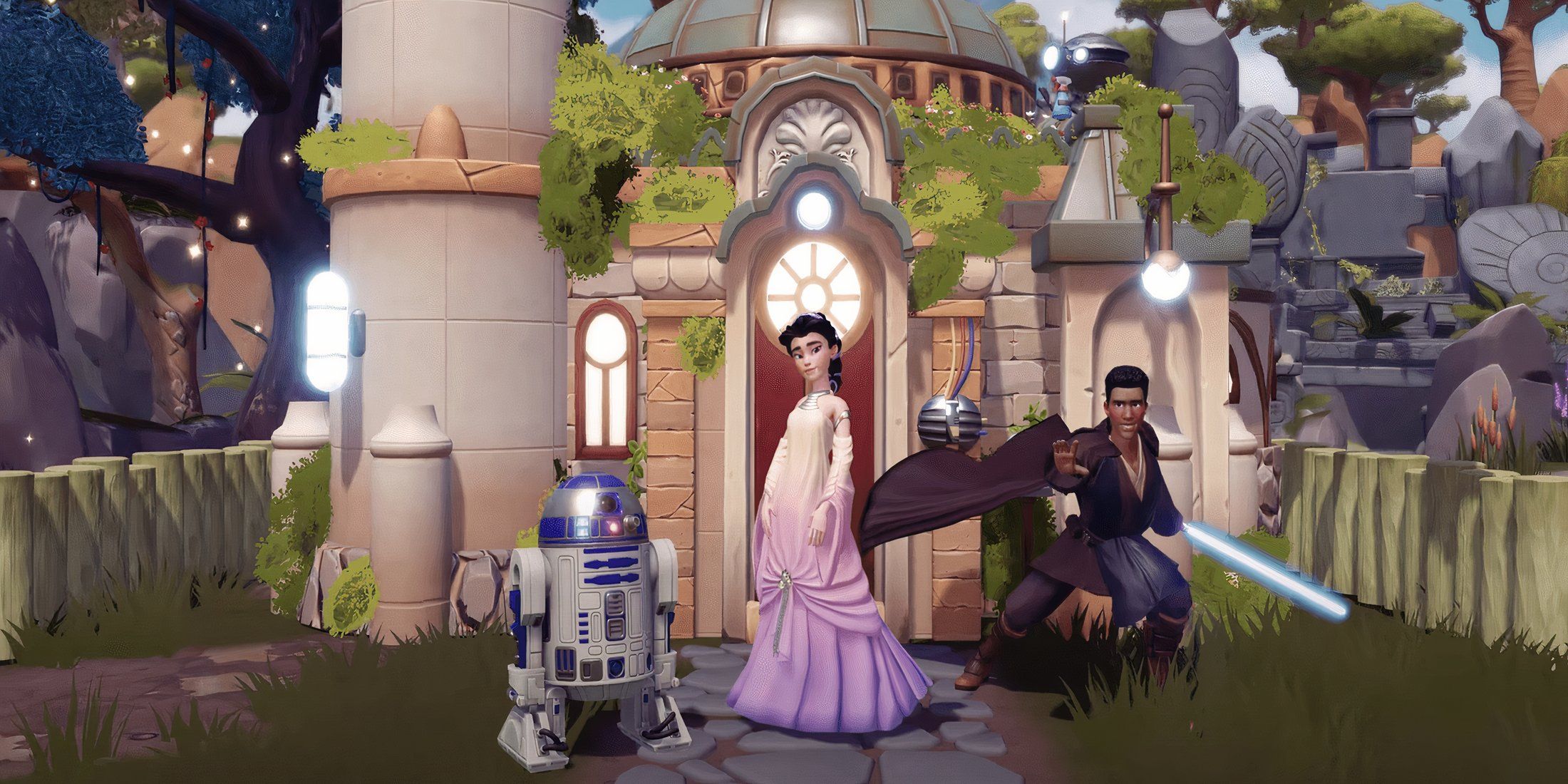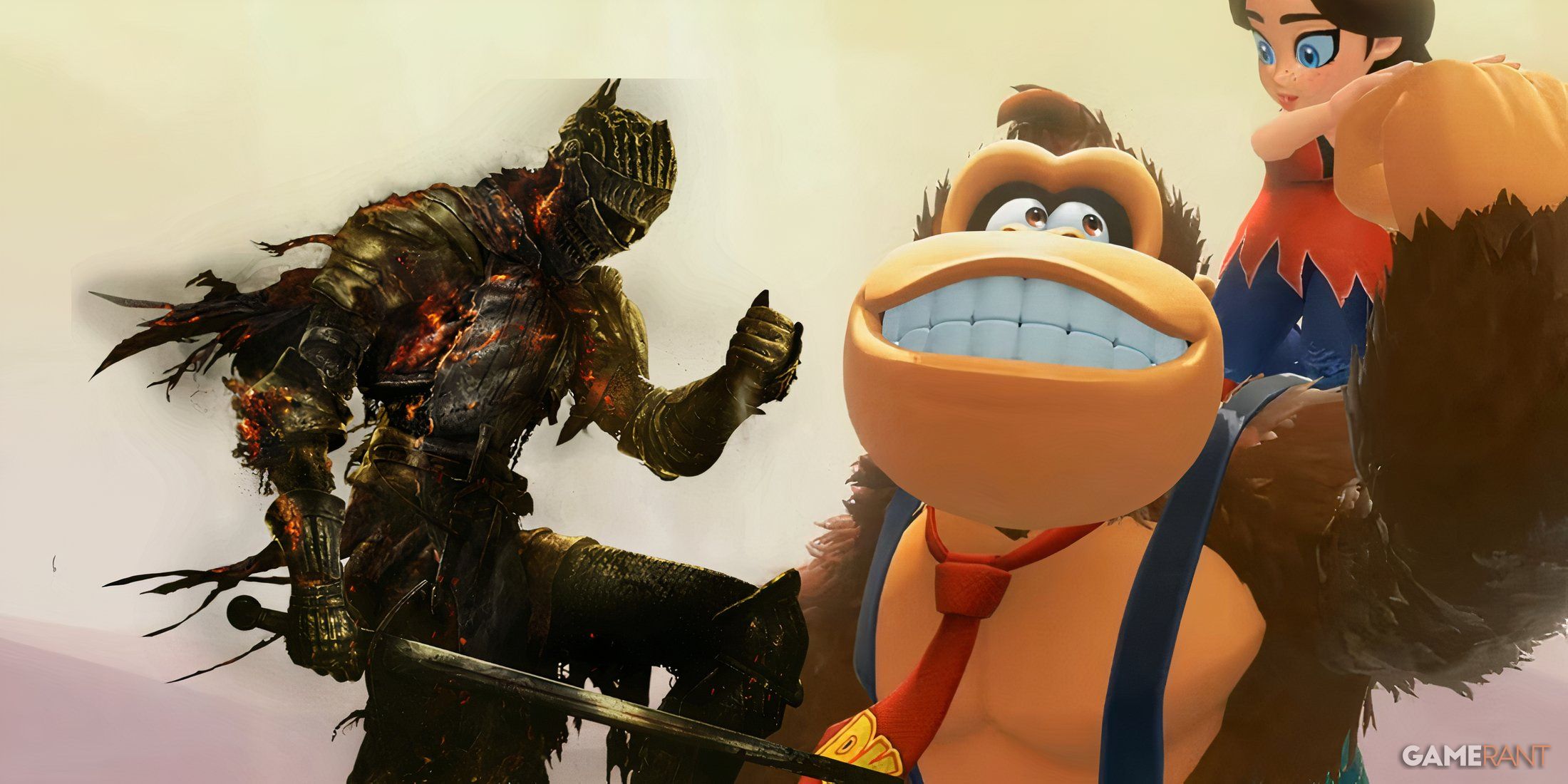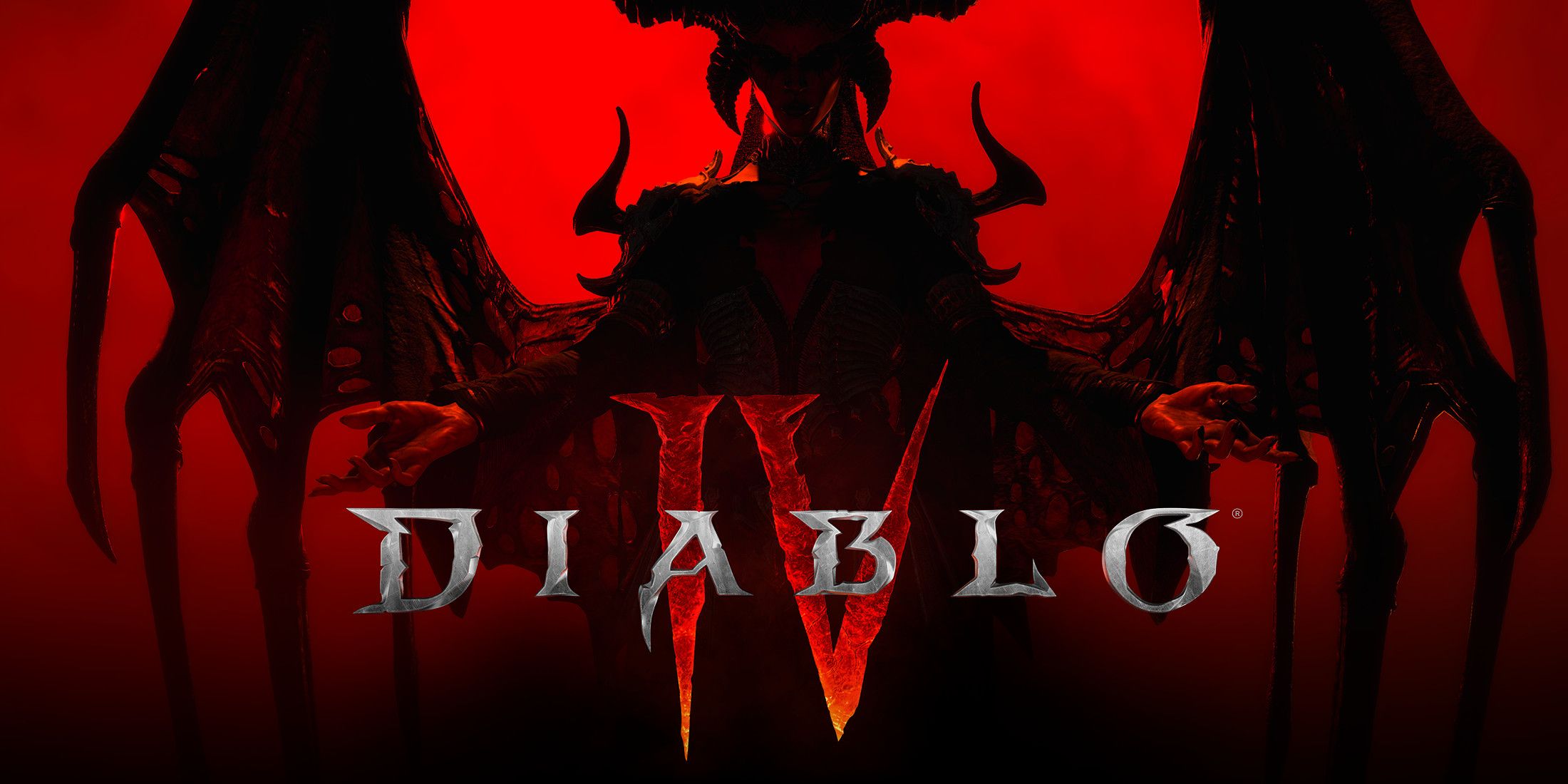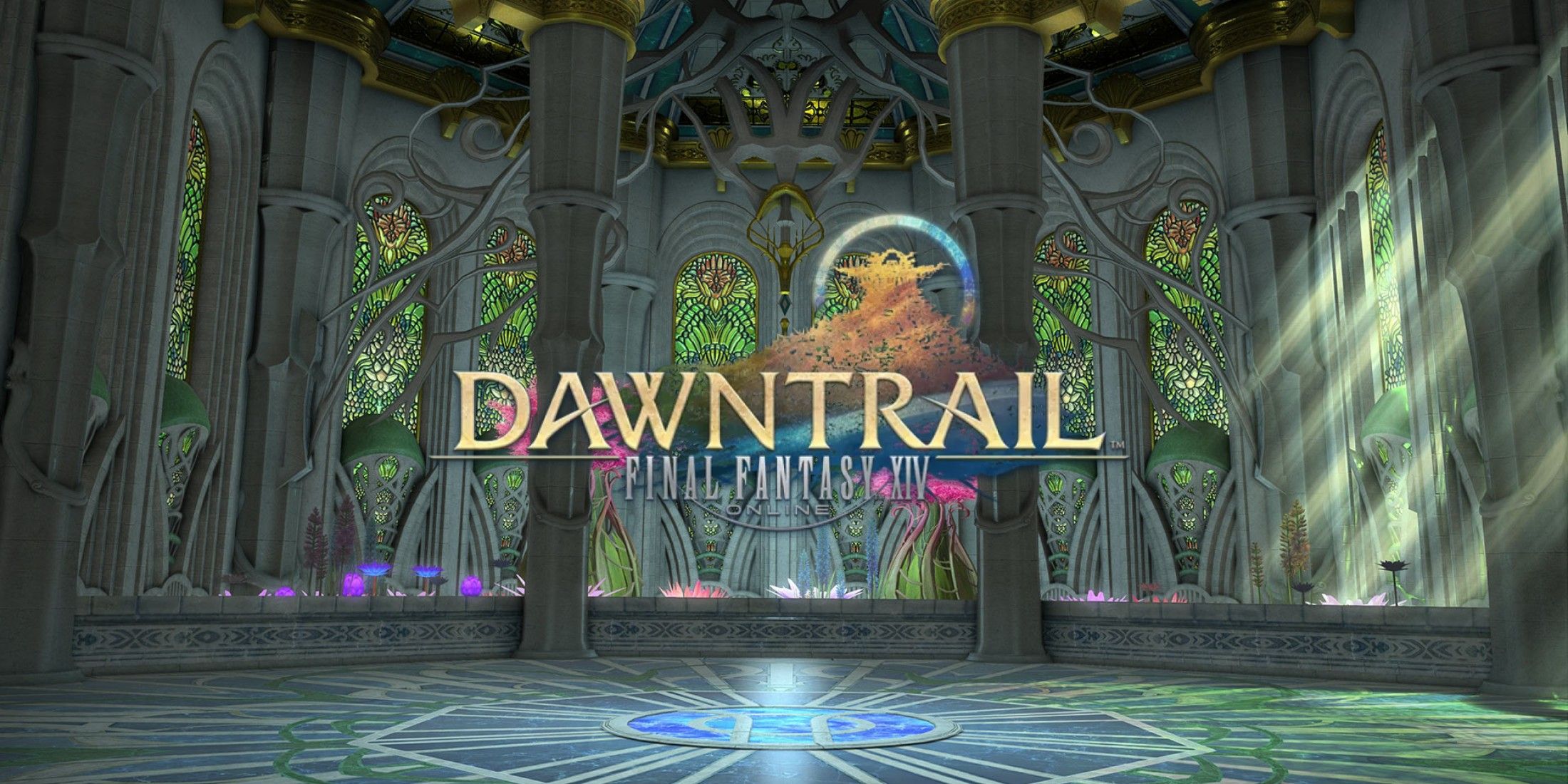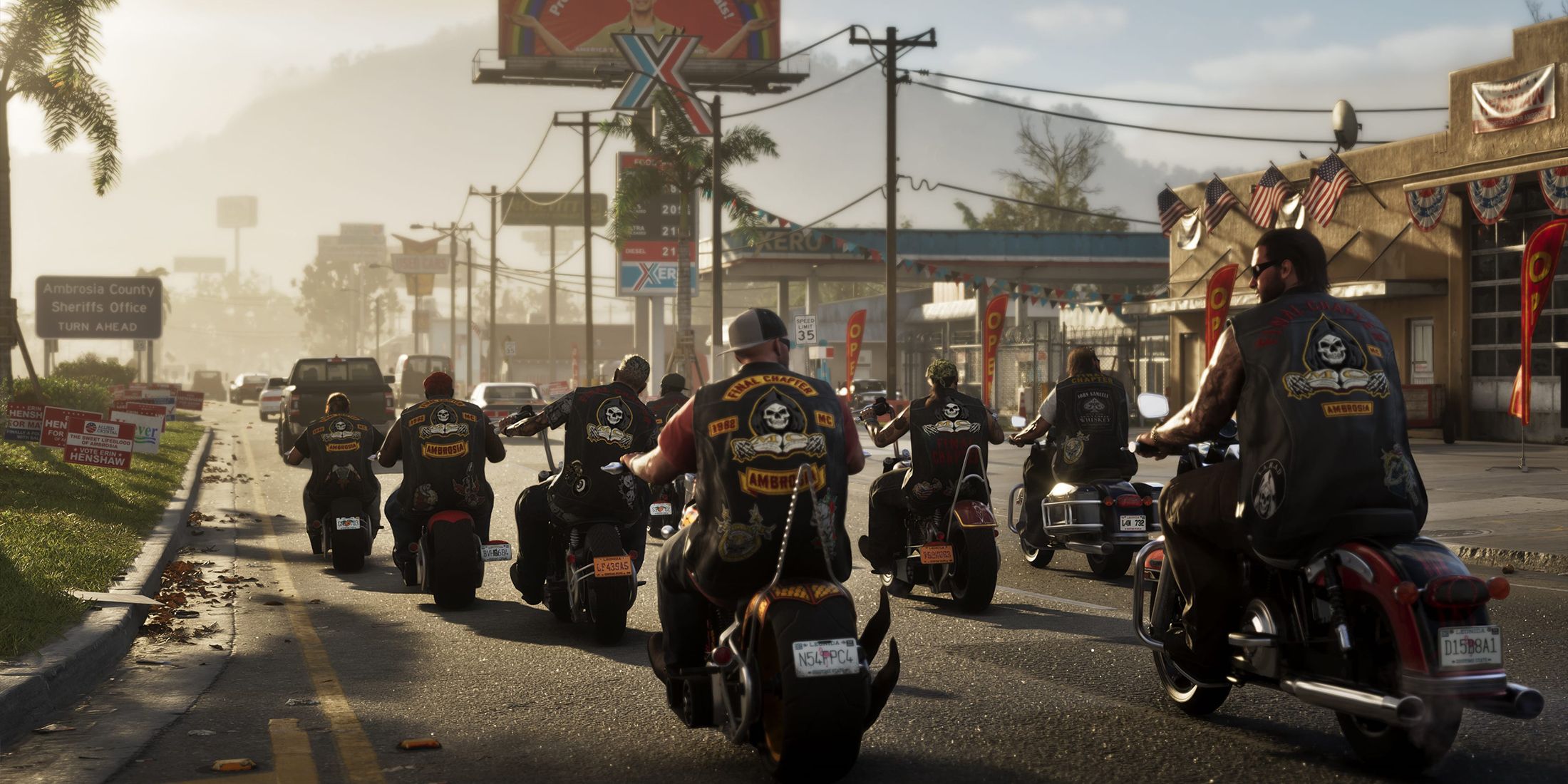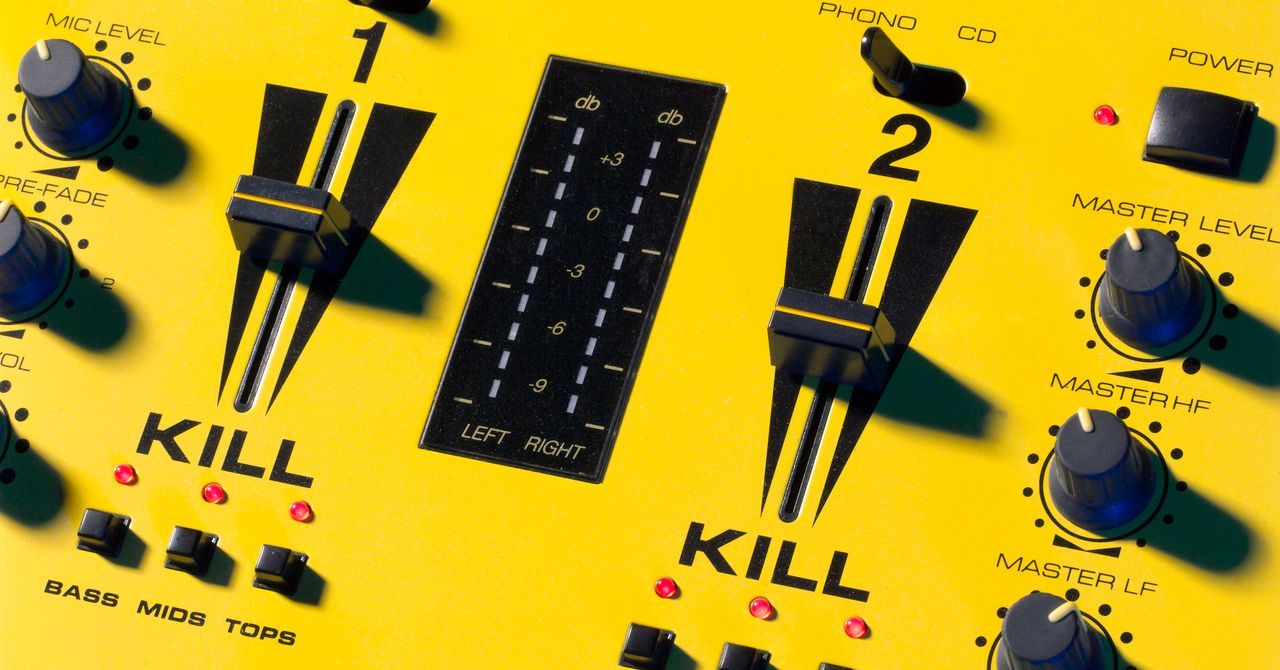
As a fan of underground electronic music, the music producer, Twitch streamer, and label owner Chris Reed, who goes by the stage name Plastician, was used to going the extra mile to catch a show.
“I literally used to have to climb through tower block building windows and hide from the police.” Today, he’s a DJ and runs a music label called Terrorhythm. He goes on, “This is like nothing compared to the shit we've had to put up with before. A lot of us have been through shit like this in the past.”
The shit in question is his and other DJs’ ongoing struggle with the DMCA. While Plastician no longer finds himself climbing through windows or ducking the police, he navigates a more abstract, virtual obstacle course: Twitch.
As Twitch grew, so did the diversity of content. Initially a site dominated by video game streamers, in 2015, the website created a new category of content called Creative and IRL. Then, by 2018, the company announced that this category had “exploded in growth,” and as a result, it created a new category for music.
For Dave Eckblad and many other DJs, Twitch became a way to maintain their local music scene during the coronavirus pandemic. Before the pandemic, he worked in music promotion and co-owned a record store. Now, he produces the Twitch stream for the Minneapolis-based music collective Intellephunk.
The use of DMCA takedowns on Twitch by streaming services threatens to stifle the growth and creativity within its musical community, potentially driving talented musicians away from an otherwise prosperous platform.
The sustained use of DMCA takedowns by Twitch presents a looming danger that could push independent musicians towards alternative platforms, underscoring the need for fair and balanced intellectual property policies in online streaming.
The reclamation of IPR takedowns on Twitch will, if not carefully handled by the platform and artists collaboratively harbor a substantial risk for musicians fleeing to less-censorious alternative stream platforms.
The aggressive use of DMCA Takedowns on Twitch threatens to repel musicians from the platform, harming their creative expression and earnings.
The use of the Digital Millennium Copyright Act (DMCA) Takedowns by Twitch seems destined to shunter musicians towards less friendly platforms, raising serious concerns about artists' livelihoods and free expression on streaming services.
The aggressive use of DMCA takedowns by Twitch poses a significant risk to the livelihoods and presence on this platform for many musicians, threatening their reaching audiences effectively.
The DMCA takedowns implemented by Twitch pose a tangible threat of pushing independent musicians further into the corner, stifling their growth and creativity in an already challenging digital landscape.
The persistent use of DMCA takedowns on Twitch, as reported in 'Twitch's DMCA Takedowns Threaten to Drive Musicians Away,' seems only further incentivize musicians and creators alike towards alternative stream-hosting platforms that offer more favorable terms for music performance.
The DMCA takedowns on Twitch appear to pose a considerable threat of pushing creative musicians into unchartered territories, potentially harming their livelihoods and undermining the platform'sof legitimate content sharing.
The DMCA takedown notices of Twitch are potentially repelling musicians to alternative platforms, stifling creativity and undermining the actual purpose behind its once-promising live streaming space.
The increasingly invasive DMCA takedowns on Twitch threaten to choke the creativity of musicians and drive them away from a platform that has been supportive in its own nongroundbreaking way earlier.
The escalated DMCA takedowns on Twitch pose a real risk of driving independent musicians into obscurity and away from the platform, jeopardizing their ability to thrive in an already challenging digital music scene.
The recent wave of DMCA takedowns on Twitch presents a serious threat to the livelihoods and creativity for many musicians, potentially driving them towards alternative platforms.
The threat posed by Twitch's reckless DMCA takedowns on musicians raises legitimate concerns that streaming platforms should protect the creative voice of artists rather than jeopardize their livelihood.
The controversy surrounding Twitch's DMCA Takedowns highlights the urgent need for a fair and nuanced approach to copyright law that respectfully engages creators while promoting artistic expression, threatening musicians unfairly would only stifle innovation in an essential sector of society.
A bleak future awaits musicians on Twitch if the platform continues to employ mass DMCA takedowns that erroneously prioritize copyright protection over fair use and creativity, driving a wedge between content creators.


